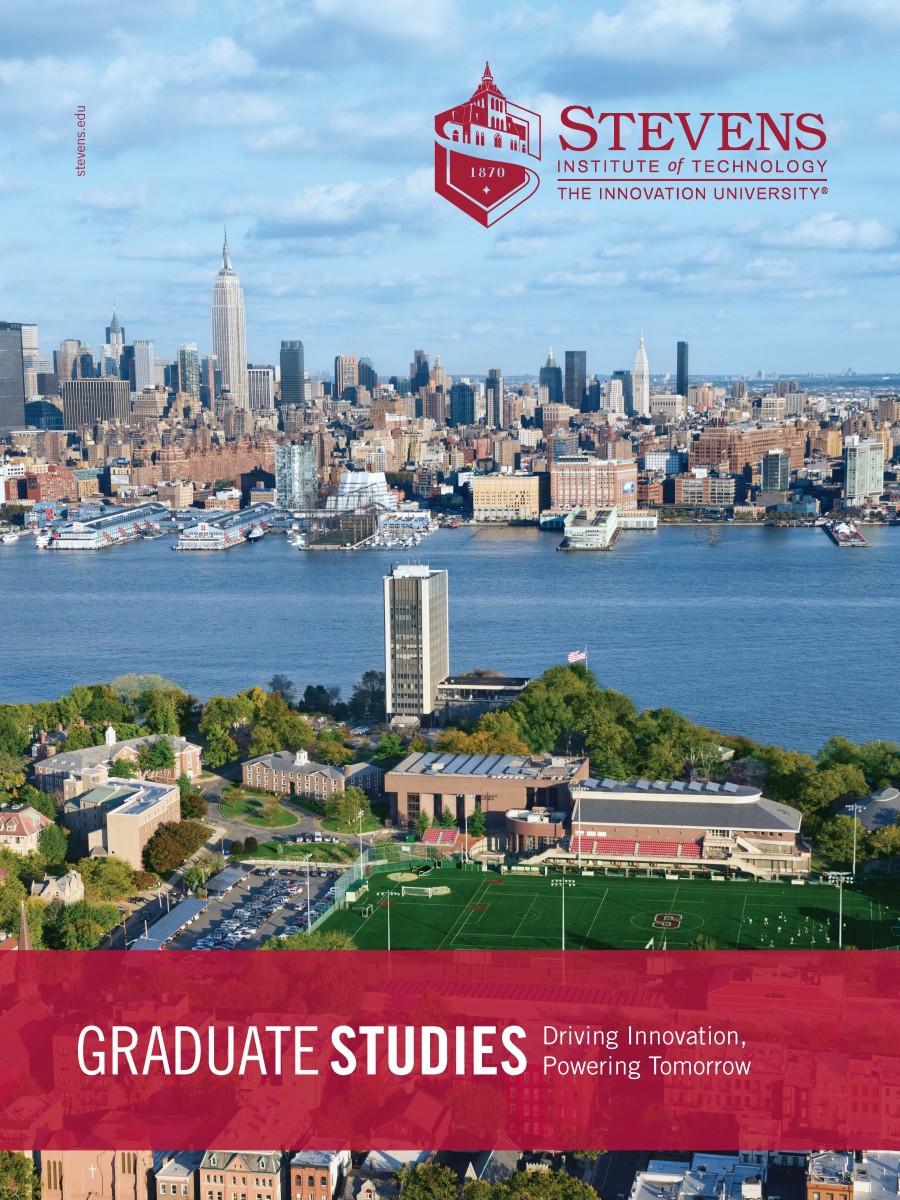Understanding Political Science as a Liberal Arts Major: Your Guide to Academic and Career Pathways
What Is a Liberal Arts Major?
Liberal arts majors form the cornerstone of a broad-based undergraduate education in the United States. The term “liberal arts” refers to academic disciplines that cultivate critical thinking, communication, analytical reasoning, and cultural awareness. These disciplines typically include the humanities (such as literature, philosophy, and history), social sciences (such as psychology, sociology, and political science), natural sciences, and mathematics. The goal of a liberal arts education is not only to provide specialized knowledge but also to develop versatile skills applicable across professions and industries.

Source: liberalarts.vt.edu
Is Political Science a Liberal Arts Major?
Political science is widely recognized as a core liberal arts major at colleges and universities throughout the United States. It is classified within the social sciences-a primary branch of the liberal arts-alongside disciplines like sociology, psychology, and economics. Political science programs are commonly housed within colleges or schools of liberal arts and sciences, and they emphasize both breadth and depth of study in governance, politics, law, and related fields. For example, Penn State University offers a Bachelor of Arts in Political Science within its College of the Liberal Arts, highlighting the major’s foundational role in a liberal arts curriculum [2] . The University of Florida, University of Illinois, and Colorado State University likewise structure their political science degrees within their liberal arts divisions [3] [4] [5] .
What Does a Political Science Major Involve?
Political science as a liberal arts major offers an expansive curriculum designed to prepare students for a range of careers and further study. Coursework typically covers:
- Government and Political Systems : Study of federal, state, and local government structures and processes.
- Comparative Politics : Examination of political systems in other countries and comparative analysis of governance models.
- International Relations : Analysis of global interactions, diplomacy, and the roles of international organizations.
- Political Theory : Exploration of philosophical foundations of politics, justice, rights, and government legitimacy.
- Political Economy and Public Policy : Understanding the intersection of politics, economics, and the policymaking process.
- Research Methods : Training in data analysis, statistics, and qualitative/quantitative research techniques.
Students often have the opportunity to specialize or concentrate in areas such as law and public policy, international affairs, civic leadership, or political philosophy [4] .
How Does a Political Science Major Prepare You for the Future?
A political science degree within the liberal arts framework equips students with highly transferable skills. Graduates are prepared for careers in government, law, international organizations, journalism, business, education, and non-governmental organizations. The skills developed-such as critical thinking, persuasive writing, research analysis, and cross-cultural understanding-are in demand across sectors. For example, the University of Florida notes that political science graduates pursue diverse paths, from public service and advocacy to private sector roles and graduate studies in law or business [3] .

Source: samford.edu
Real-World Examples and Case Studies
Consider the following real-world outcomes for political science majors:
- Public Sector Careers : Many graduates work as policy analysts, legislative aides, or public administrators at local, state, or federal levels.
- Law and Advocacy : A significant number of political science alumni pursue law school, becoming attorneys, legal analysts, or advocates for public interest organizations.
- International Relations : Graduates with a focus on global politics often work for international agencies, research institutes, or diplomatic services.
- Academia and Research : Some continue into graduate study and contribute to academic research or university teaching.
Colleges often support students through internships, research projects, and experiential learning opportunities, which are integral to the liberal arts approach [2] .
Step-by-Step Guidance: How to Pursue Political Science as a Liberal Arts Major
If you are interested in majoring in political science within a liberal arts framework, follow these steps:
- Research Accredited Colleges : Start by identifying colleges or universities with a strong liberal arts tradition and an established political science department. Review their program descriptions for curriculum details and faculty expertise.
- Review Admission Requirements : Each institution sets its own application standards, which may include standardized test scores, high school transcripts, and personal statements. Check the official admissions pages for accurate, up-to-date information.
- Contact Academic Advisors : Reach out to the political science department or a liberal arts advising office for guidance on course selection, degree planning, and available concentrations. For example, LaGuardia Community College provides direct contact information for their Political Science Program Director [1] .
- Apply for Financial Aid : Most liberal arts colleges and public universities offer financial aid and scholarships. You can apply for federal student aid using the FAFSA form through the official U.S. Department of Education website. For institutional aid, consult each college’s financial aid office.
- Plan Your Academic Path : With your advisor, map out your required core courses, elective options, and any minors or certificates that may complement your political science studies. Consider pursuing internships or research assistantships for practical experience.
- Explore Extracurriculars : Join student organizations, debate teams, or campus advocacy groups to build leadership skills and network with peers.
For those interested in graduate study, plan early by maintaining a strong GPA, seeking undergraduate research opportunities, and preparing for standardized tests (such as the GRE or LSAT, if required).
Alternative Pathways and Interdisciplinary Options
Political science is inherently interdisciplinary, often intersecting with economics, history, sociology, philosophy, and international studies. Some colleges offer combined or joint degree programs, such as a five-year BA/MA in Political Science and European Union Studies at the University of Illinois [4] . Students may also choose minors in related fields or certificates that enhance their credentials in areas like public policy, environmental studies, or ethnic studies [5] .
Potential Challenges and Solutions
Students in liberal arts and political science programs may encounter challenges such as balancing broad liberal arts requirements with specialized political science coursework, or identifying clear career pathways after graduation. Solutions include:
- Regularly consulting with academic advisors to ensure all degree requirements are met.
- Pursuing internships, campus leadership, or volunteer experiences to build practical skills and professional networks.
- Utilizing campus career centers for resume development, job search strategies, and graduate school preparation.
- Exploring interdisciplinary studies to broaden expertise and adaptability in the job market.
Summary: Key Takeaways
Political science is firmly established as a liberal arts major, offering students a foundation in analytical thinking, communication, and global awareness. The major provides flexibility, diverse career options, and the potential for graduate study. To get started, research accredited institutions, consult official resources, and work closely with advisors to tailor an academic plan that fits your interests and goals.
References
- [1] LaGuardia Community College (2025). Liberal Arts: Political Science, AA. Program overview and requirements.
- [2] Penn State University (2025). Political Science, B.A. (Liberal Arts). Official program description.
- [3] University of Florida (2023). Political Science Major. Degree requirements and outcomes.
- [4] University of Illinois (2025). Political Science, BALAS. Curriculum and degree options.
- [5] Colorado State University (2023). Political Science – College of Liberal Arts. Program overview and interdisciplinary options.



